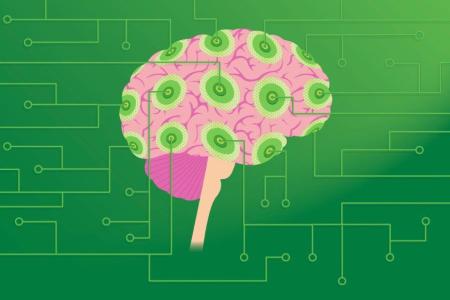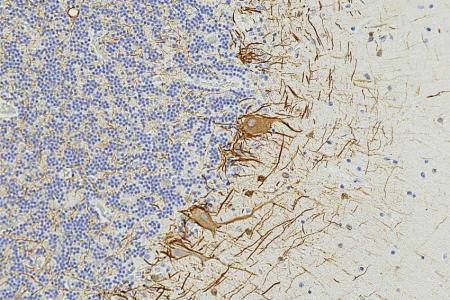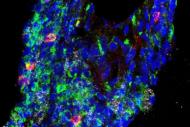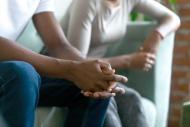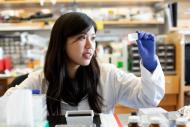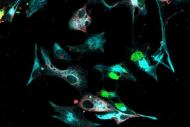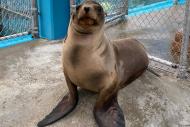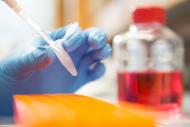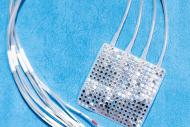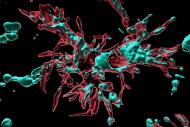An international research team led by UCSF scientists has shown, for the first time, that gut immune cells travel to the brain during multiple sclerosis flare-ups in patients.
But what is uncertainty? What’s going on in the brain when we feel uncertain? And how might long-term uncertainty experienced by an entire population affect community health?
Lisa had a rare mutation that meant she was not able to combine two words until she was 3, and she didn’t take part in imaginative play until she was 10. Could a drug for MS be repurposed to help her?
Now in their seventh year, the Best Global Universities rankings focus on schools’ academic research and reputation overall instead of specific undergraduate and graduate programs. These global rankings help the increasing number of students exploring international higher education options to more accurately compare institutions around the world.
‘Dark Matter’ DNA Linked to Cell-Specific Patterns of Gene ActivityUCSF researchers are finding new clues to how neuropsychiatric disorders unfold by focusing on the role of a little-studied form of DNA in early brain development.
First-Ever Attempt at Cell Therapy for Marine Mammals with Epilepsy Stems from Decades of Research and a Unique Bay Area CollaborationA cellular therapy for epilepsy developed at UCSF has been employed for the first time in a sea lion with intractable seizures caused by ingesting toxins from algal blooms.
The UCSF researchers — whose work spans investigations into autism spectrum disorder (ASD), oncology, and mitochondrial disease — were among 85 awardees for the grants that the NIH says “will fund highly innovative and unusually impactful biomedical or behavioral research proposed by extraordinarily creative scientists.”
Broader Smiles in Participants’ Selfies Made Shift in Perspective VisibleOlder adults who took weekly 15-minute “awe walks” for eight weeks reported increased positive emotions and less distress in their daily lives.
Stable Recordings Let Brain and Machine Learning System Build ‘Partnership’ Over TimeThe achievement of “plug and play” performance demonstrates the value of so-called ECoG electrode arrays for BCI applications.
Though FTD is not as well known as Alzheimer’s disease, it’s the second most common cause of dementia in people under 65, and there’s currently no treatment.


